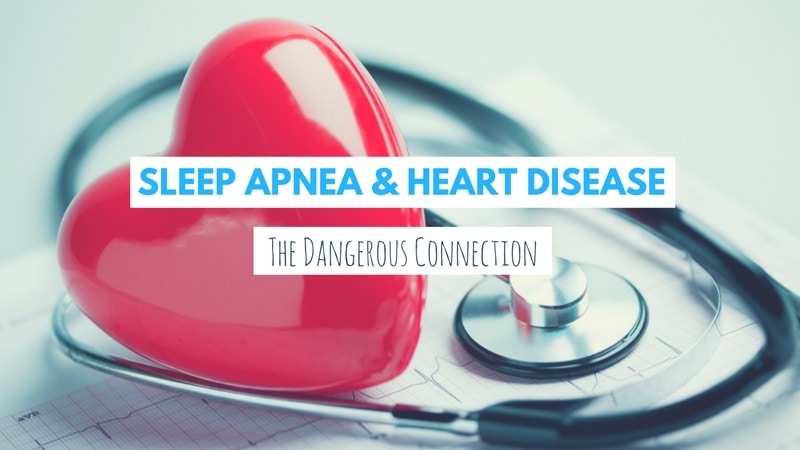 “I’ve been told I snore, and sometimes even wake myself up, should I be worried?”
“I’ve been told I snore, and sometimes even wake myself up, should I be worried?”
“Does it mean I have sleep apnea?”
“Is it life threatening?”
Have you asked yourself questions like these? The answers are “Maybe” and “Sometimes.”
I’ve written before about Sleep Apnea, TMJ/TMD, and Crooked/Crowded teeth. Let’s explore the Sleep Apnea part a bit more:
The risks can span the range from fairly harmless all the way to life threatening. It certainly is a sign that you should look into other related risk factors.
Snoring can significantly disrupt your sleep and that of your significant other. Those sore ribs from being jabbed to get you to roll over and stop snoring can mean both of you are getting less than ideal sleep.
Let’s look at this in more detail. While this article cannot give you a diagnosis, it can help you understand a bit more about the risks and help you decide if you should have it checked further.
Occasional snoring, at the least harmful end of the spectrum, might simply be an effect of sedatives, or alcohol before falling asleep. On the other hand, it could be an indication of a more serious condition, sleep apnea. What is sleep apnea? It’s having periods of not breathing repeatedly during sleep. As you can imagine, it deprives the body of much needed oxygen. If frequent, it can stress your body and result in stroke, heart attack, and even death.
While not everyone is at the highest risk level, even at mild levels, sleep apnea can very realistically affect your quality of life. Without all the correct phases of sleep, your body does not heal as quickly, and your memory can be affected.
A few of the warning signs that should get your attention are:
- Daytime sleepiness
- High blood pressure
- Erectile dysfunction – loss of interest in sex
- Morning headaches
- Dry mouth and throat in the morning
- Repeated awakening, especially with short of breath, gasping, or choking feeling
How do you find out if you have sleep apnea? Discuss your concerns with your physician or dentist who has training in sleep issues. Either can prescribe a sleep study to rule apnea in or out.
Some signs your dentist can observe also show the need to look deeper into the possibilities include:
- You are grinding your teeth,
- Cross bite.
- Front teeth do not meet.
- TMJ issues, such as pain, popping, clicking etc.
If you are diagnosed by a sleep physician with apnea, you will have basically two choices, depending on the severity or your preferences.
One is CPAP. This can work well for some people, but others find that they do not tolerate it. If CPAP is not your choice, there are a number of FDA approved oral appliances that can be provided by a dentist trained in this type of treatment.
Be sure to ask about your options. As a general rule of thumb, the more severe the apnea, the more likely CPAP would be the treatment of choice. However if your apnea is more moderate or mild, an oral sleep appliance can be the treatment of choice. Even if your apnea is severe, but you cannot tolerate the CPAP, or choose not to wear it, you may be able to find relief with an oral appliance. Again, be aware of your options. In order for it to help, you need a therapy you will use consistently.
How do dentists and physicians work together to improve your quality of life?
Either dentists and physicians can ask questions and make observations that could be red flags. Both can order a sleep study. This is not a diagnosis yet. You may have the choice of an overnight study in a sleep center, or perhaps a take home study, depending on your situation. Then a board certified sleep physician will interpret the study and will make suggestions about your mode of treatment. If CPAP is your choice, a physician will be able to provide that for you. If an oral appliance is your best option, a trained dentist will be able to get that taken care of for you. The important thing is that once you have been diagnosed, don’t ignore it. Pick a treatment and move forward.
The bottom line is that snoring should at least get your attention and encourage you to see if you have more symptoms that can indicate sleep apnea.
Asking the right questions, and getting the correct answers can improve the quality of your life, or even save it.







